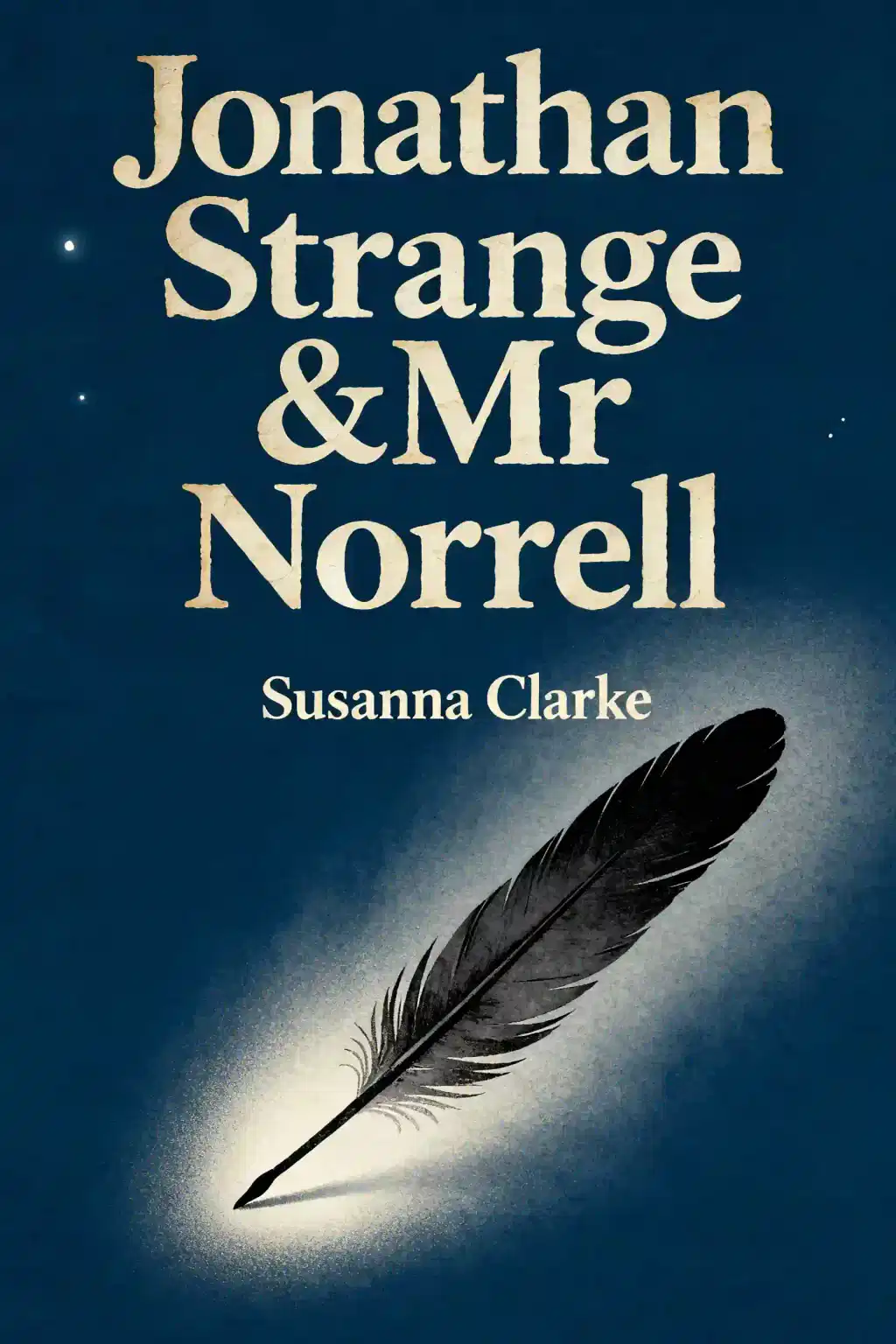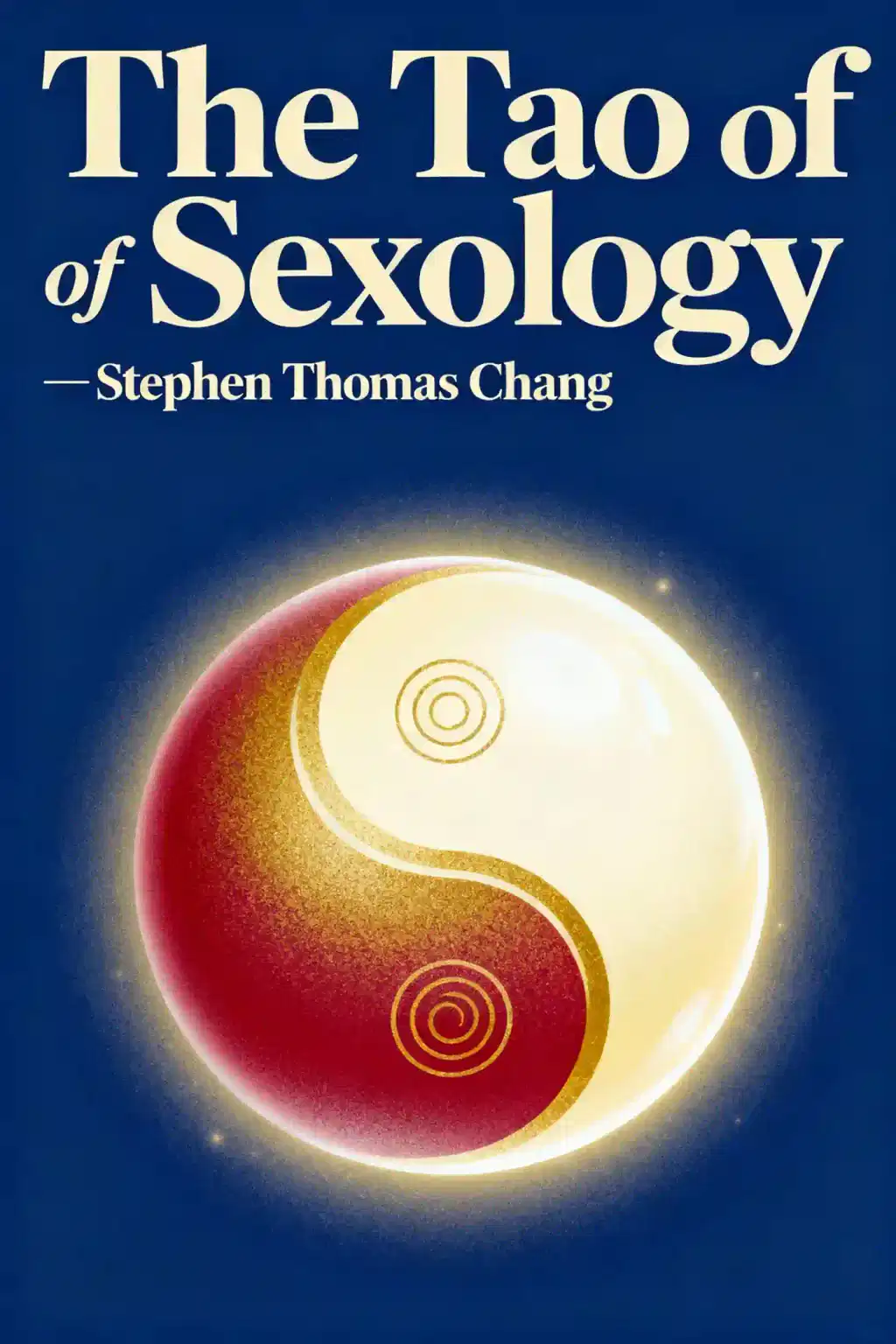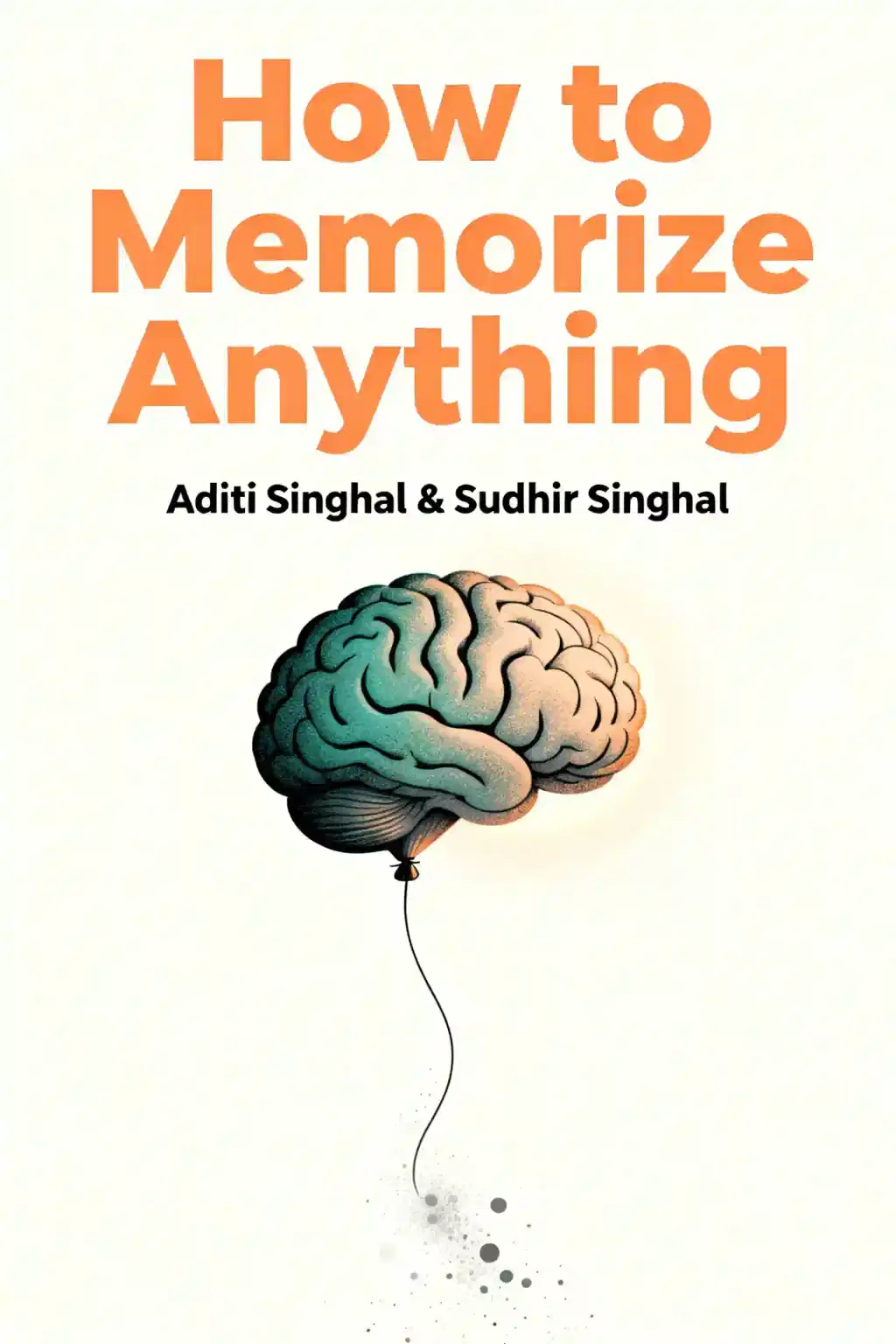What is
Power Questions by Andrew Sobel and Jerold Panas about?
Power Questions teaches professionals how to use strategic, thought-provoking questions to deepen client relationships, win business, and influence others. Through 35 real-world examples, the book provides actionable queries like “What’s the most important thing we should discuss today?” and over 200 supplementary questions for scenarios like sales, leadership, and personal growth.
Who should read
Power Questions?
Sales professionals, consultants, executives, and anyone seeking to improve communication skills will benefit. The techniques apply to client interactions, team management, and personal relationships. CEOs in the book emphasize that insightful questions distinguish top performers.
Is
Power Questions worth reading?
Yes—it’s praised for its practicality. Unlike theoretical guides, it offers direct questions tested in real conversations. For example, it replaces clichéd sales questions like “What keeps you up at night?” with tailored alternatives that demonstrate expertise.
What are the key power questions in the book?
Notable examples include:
- “What are your dreams?” to build deeper connections.
- “Is this the best you can do?” to push for excellence.
- “Why do you do what you do?” to uncover motivations.
Each question includes follow-ups and context for optimal use.
How does
Power Questions help in sales negotiations?
It teaches indirect, insight-driven questions that align with client priorities. For instance, asking “How will your Asian expansion impact risk management?” shows industry knowledge, while “What does success look like?” clarifies expectations without pressure.
What critiques exist about
Power Questions?
Some may find the structure repetitive, as each chapter follows a similar story-question-alternatives format. However, the sheer volume of actionable questions offsets this, making it a reference tool rather than a linear read.
How does
Power Questions compare to other communication books?
It’s more tactical than theoretical works like Crucial Conversations. Focused solely on questioning techniques, it provides specific scripts for scenarios like resolving conflicts or inspiring teams, backed by CEO testimonials.
What quotes define
Power Questions?
A CEO states: “I judge consultants by their questions—not their answers.” Another highlight: “The need to be heard is a powerful motivator—ask, then listen intently.” These underscore the book’s core philosophy.
Can
Power Questions improve personal relationships?
Yes. Questions like “What’s one thing you’d change about our relationship?” or “How did you get your start?” foster intimacy. One story details how a simple question saved a marriage by reframing communication.
How is the book structured for quick reference?
Chapters pair anecdotes with a central question, alternatives, and follow-ups. The index organizes 293 questions by use case (e.g., “Winning New Business” or “Career Development”), enabling readers to quickly find relevant tools.
Why is
Power Questions relevant in 2025?
In an era of AI-driven interactions, human-led questioning remains irreplaceable for building trust. The book’s emphasis on active listening and tailored inquiries aligns with growing demands for personalized professional services.
What unique frameworks does
Power Questions introduce?
It advocates “question-first leadership”—prioritizing inquiry over advocacy—and the “5 Whys” technique to trace problems to their root. These frameworks help reframe meetings, negotiations, and strategic planning.















